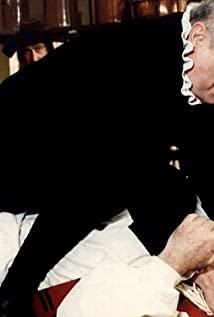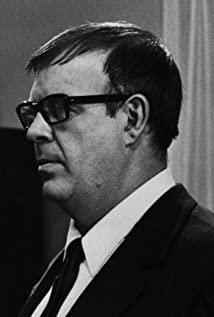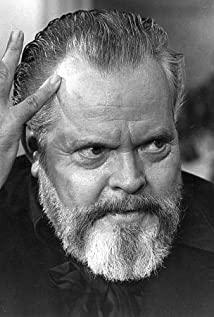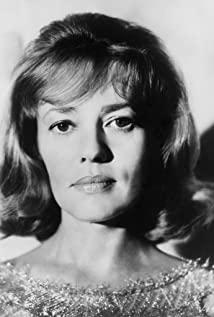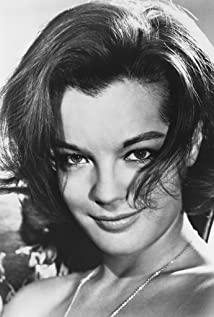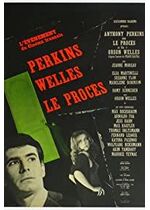-
Price 2022-03-28 09:01:13
The existentialist adaptation of Kafka is more ambitious and experimental than Welles' famous film debut Citizen Kane, which was only a minor Hollywood reversal. The film uses post-Caligari-style composition, elevation photography and other methods to deeply refer to everyone's guilt, "unwarranted" crimes, "unwarranted" death, life is but an absurd dream, and the law is lies and...
-
Blaze 2022-03-27 09:01:21
It still feels like 1984~ and it doesn't have Welsh's usual...
-
Ericka 2022-03-27 09:01:21
There is no way to adapt this thing. I still like novels. When perkins is nervous, people immediately travel to Psycho. When nervous, it is no longer absurd. When nervous, there is an illusion that things will be resolved. Like a dog, it's very second, and finally the window that appeared in the distance was canceled. The courtroom set is wonderful, and the director plays it well. fell asleep...
-
Malvina 2022-03-27 09:01:21
Too dramatic for a Kafka, but it is most...
-
Angelina 2022-03-27 09:01:21
I don't know if reading the novel and then watching the film will still feel so...
-
Obie 2022-03-27 09:01:21
The superb and cold camera language is characteristic of Orson Welles. The basis of the film's story is very obscure, and the themes explored are also depressing and frightening. Narrative scenes are vast and cold, coupled with chattering dialogue, thought provoking or...
-
Hope 2022-03-27 09:01:21
Re-watching can not help but admire the visual performance of the film. Molecular...
-
Hailey 2022-03-27 09:01:21
Welles is really a director who dares to do various explorations and experiments in form. Literary adaptations are not uncommon in the history of film, and the relationship between text and image was a commonplace even in the 1960s, but the adaptation of Fafka is really whimsical. Although I haven't read the original book, the various intentions in the film are still very shocking, even if the theme conveyed is extremely illusory. In addition, the casting is also very interesting, Perkins...
-
Kathryne 2022-03-27 09:01:21
The frenzied display of skills, the usual arrogant and arrogant tone in Welles movies, is really hard to like. He may feel like he is playing...
-
Daron 2022-03-27 09:01:21
Orson Welles's visual experimentation, the cutscene is extremely stream-of-consciousness - nightmarish plot, group isolation, claustrophobia, and euphoric...
The Trial Comments
-
Vinnie 2022-03-13 08:01:01
Why are the doors of the law closed?
The movie does a good job of interpreting the main theme of the novel. The slideshow at the beginning of the film is the theme of the whole film: a man tries to enter the gate of the law, but is blocked by the guard at the door. The man exhausted his tongue and even bribed the guard to be unable to...
-
Emie 2022-03-13 08:01:01
liar lawyer
The keen Kafka perceives the change of suffering to people, reflects on the nature of human beings, and presents the alienation of people who have suffered in his works. When we are producing, our hands gradually become the shape of tools. We exploit others and are also affected. Exploiting...
-
Joseph K.: I only came here because I wanted to see if the inside of this famous legal system was as loathsome as I guessed it was. And now I'm too depressed to want to see anything more. I just want to get out of here and be alone.
-
Joseph K.: Don't they check up on you at school?
Irmie: They try to.
Joseph K.: You sneak out after hours?
Irmie: You're not the only crook in the family.






